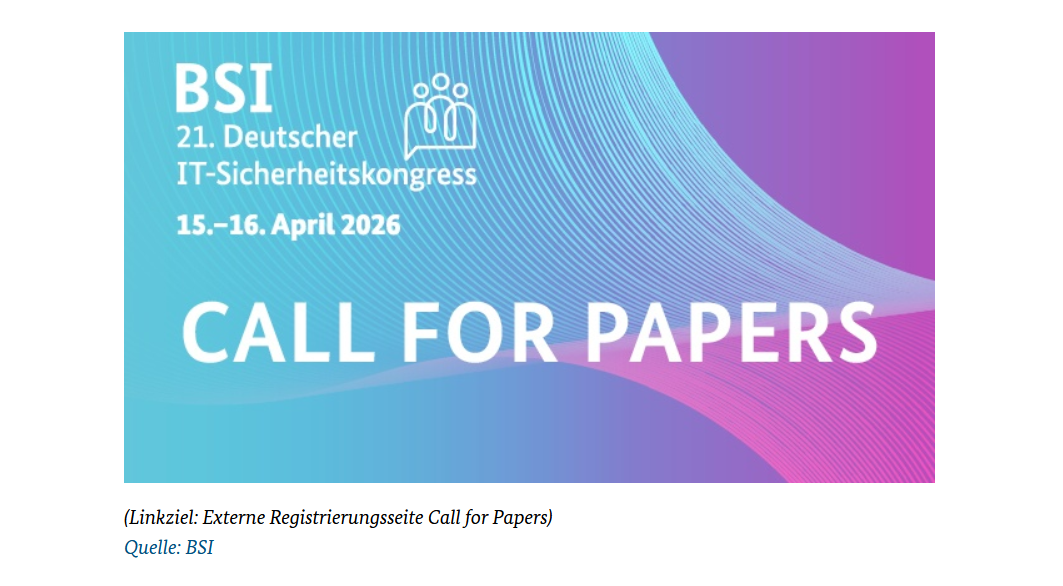News
-
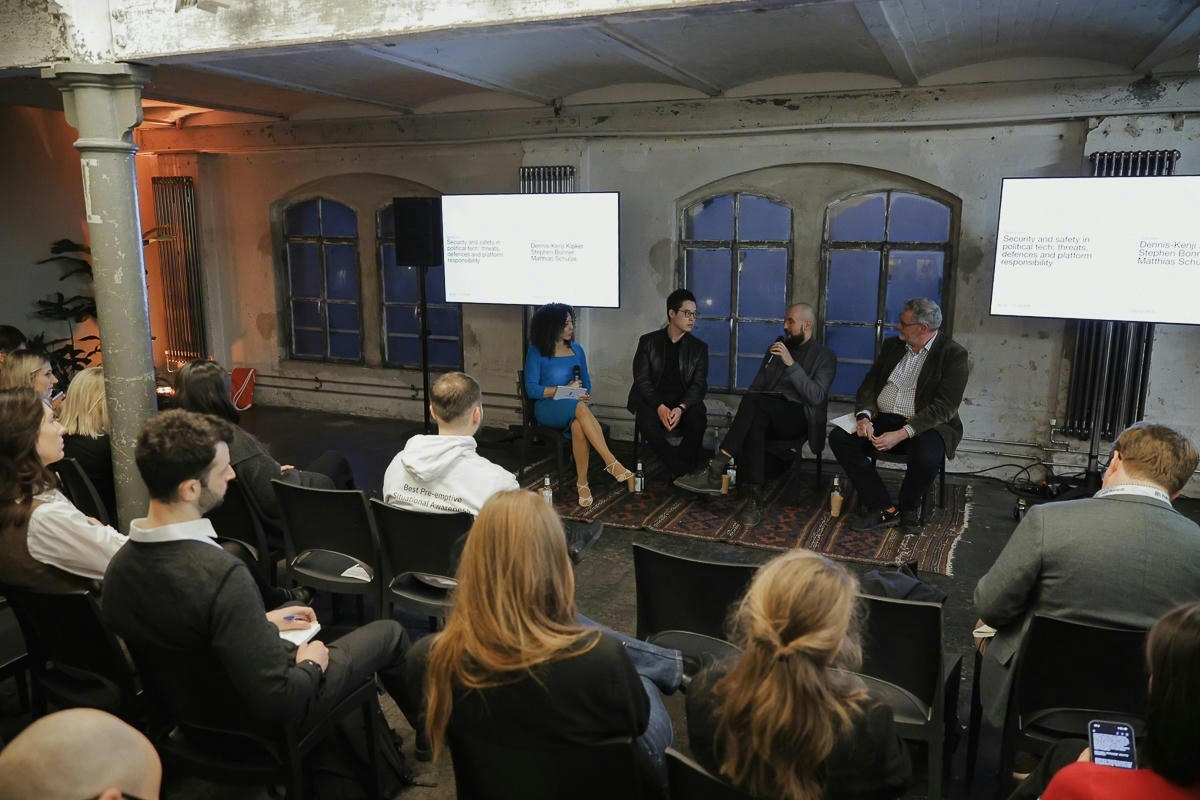
ICS particiapted at the Political Tech Summit on “Security and Safety in Political Tech – Threats, Defences and Platform Responsibility”, held in Berlin on January 23, 2026. The session brought together experts from TikTok, civil-society and researchers to discuss how platforms can not only keep users safe but also demonstrate their commitment to security, integrity,…
-
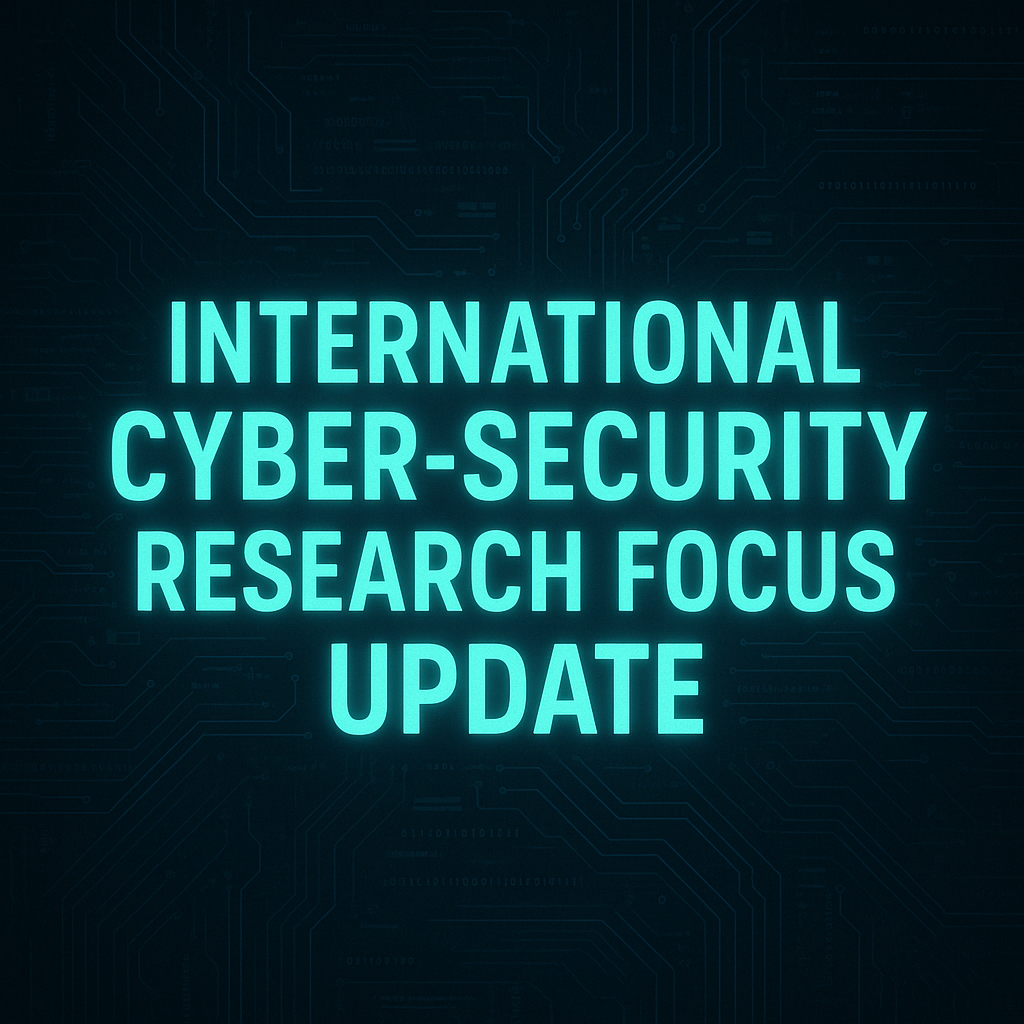
Dear colleagues, partners, and friends of International Cybersecurity! It was a busy second half of 2025! The International Cybersecurity Team at the Institute for Peace Research and Security Policy at the University of Hamburg (IFSH) was all around, engaged in cybersecurity issues once again. In December, we are finally trying to catch our breath a little.…
-

Job Alert! Join IFSH’s International Cybersecurity Research Focus Group in Berlin! We’re seeking a talented researcher (m/f/d) in Political Science, Cybersecurity, or Computer Science to lead cutting-edge policy research on cyber diplomacy, digital arms control, and cyber operations. You’ll translate complex security challenges into actionable insights for policymakers, publish peer-reviewed research, and engage with international…
-

How to defend against disinformation and information warfare is one of the key questions that democratic states face within the current environment of geopolitical tension and worldwide authoritarianism. Typically, awareness campaigns and fact-checking have been heralded as solutions to this growing problem. However, if artificial intelligence, deep fakes, and synthetic media increase in quality and…
-
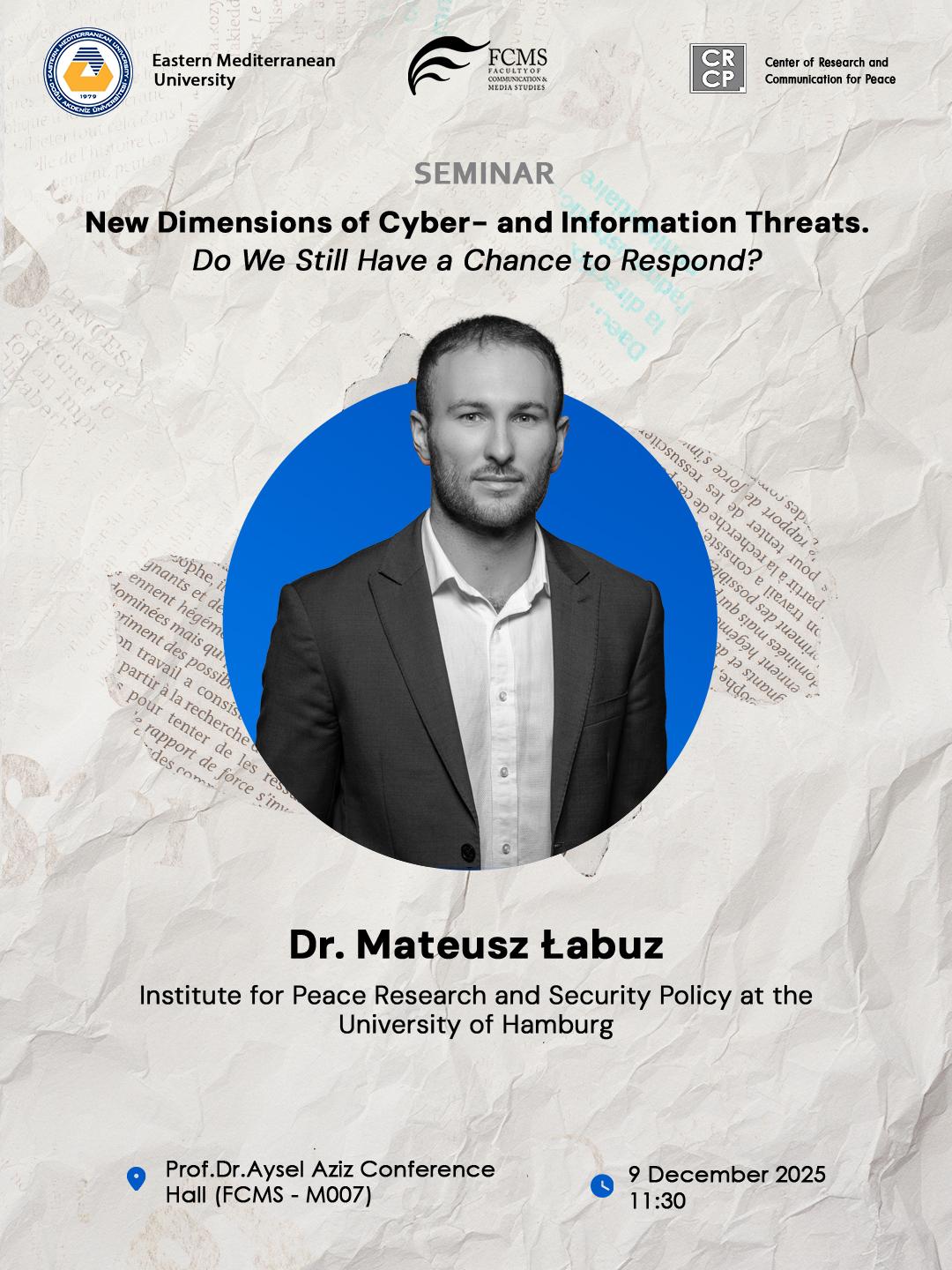
Mateusz was the keynote speaker at a webinar organized by, among others, the Eastern Mediterranean University in Cyprus. During his presentation, he discussed various aspects of threats in the cyberspace. Mateusz also participated in a discussion with the participants, discussing, among other things, security measures in digital environment This was another opportunity for engaging conversation.…
-
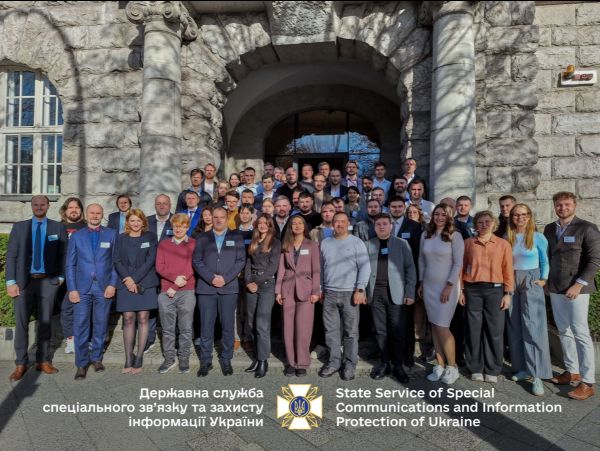
Mateusz took part in a conference co-organized by Deutsche Gesellschaft für Internationale Zusammenarbeit (GIZ), and funded by the German Federal Foreign Office and the European Union, together with the State Service of Special Communications and Information Protection of Ukraine (SSSCIP) in Berlin. The main theme of the conference was “Beyond Firewalls: Protecting Critical Services and…
-
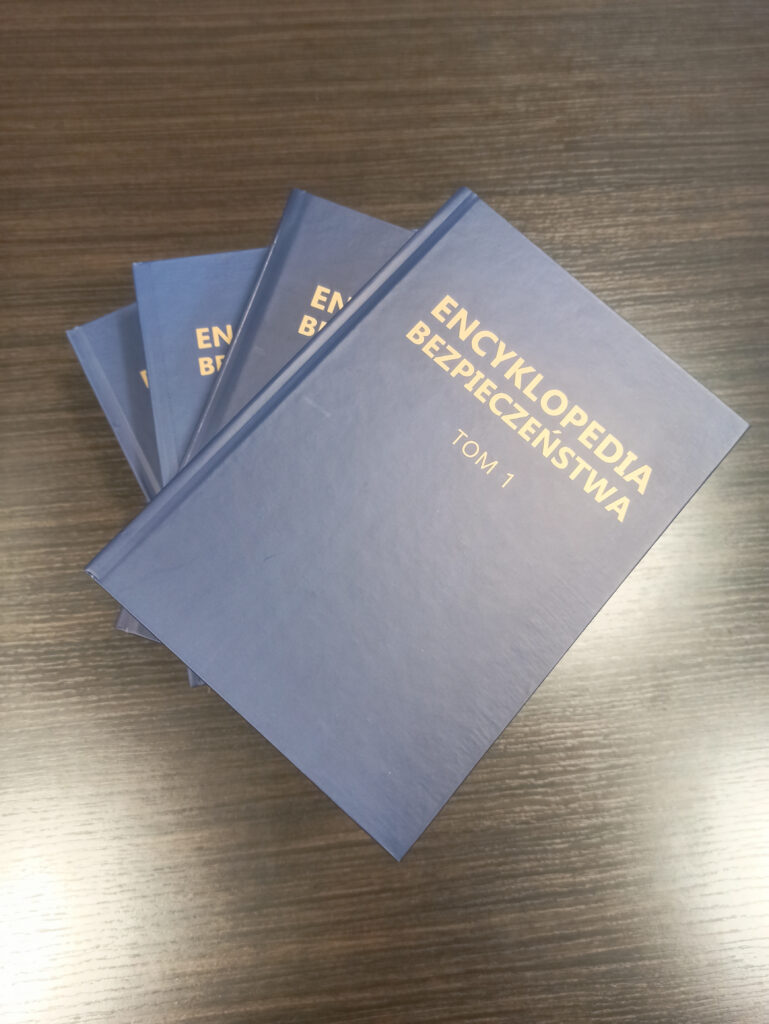
Mateusz co-authored the seventh volume of the book “Encyclopedia of Security”, where he published four entries devoted to cybersecurity and artificial intelligence. The next volume of the publication is scheduled to be released in 2026, and Mateusz will also be involved in it. The book was published in Polish language by the University of the…
-
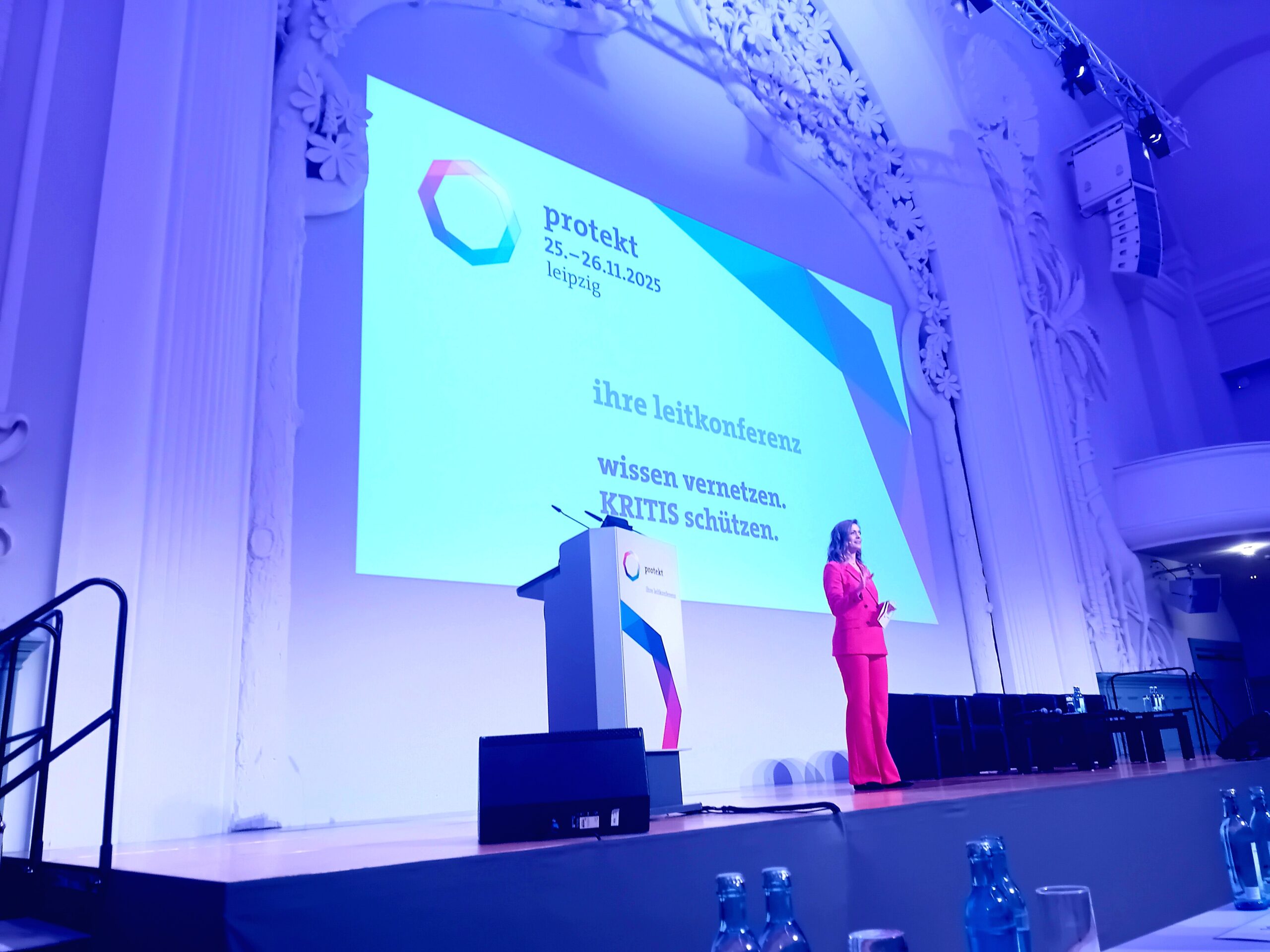
During this year’s “protek”, the leading conference for critical infrastructure protection, Matthias Schulze participated in a roundtable dubbed “Espionage & Zeitenwende.” Matthias stressed the growing relevance of cyber-espionage since the Snowden leaks of 2013. Many countries, including China, started to copy US espionage capabilities and ramped up cyber-espionage operations. In addition, since the Russian war…
-
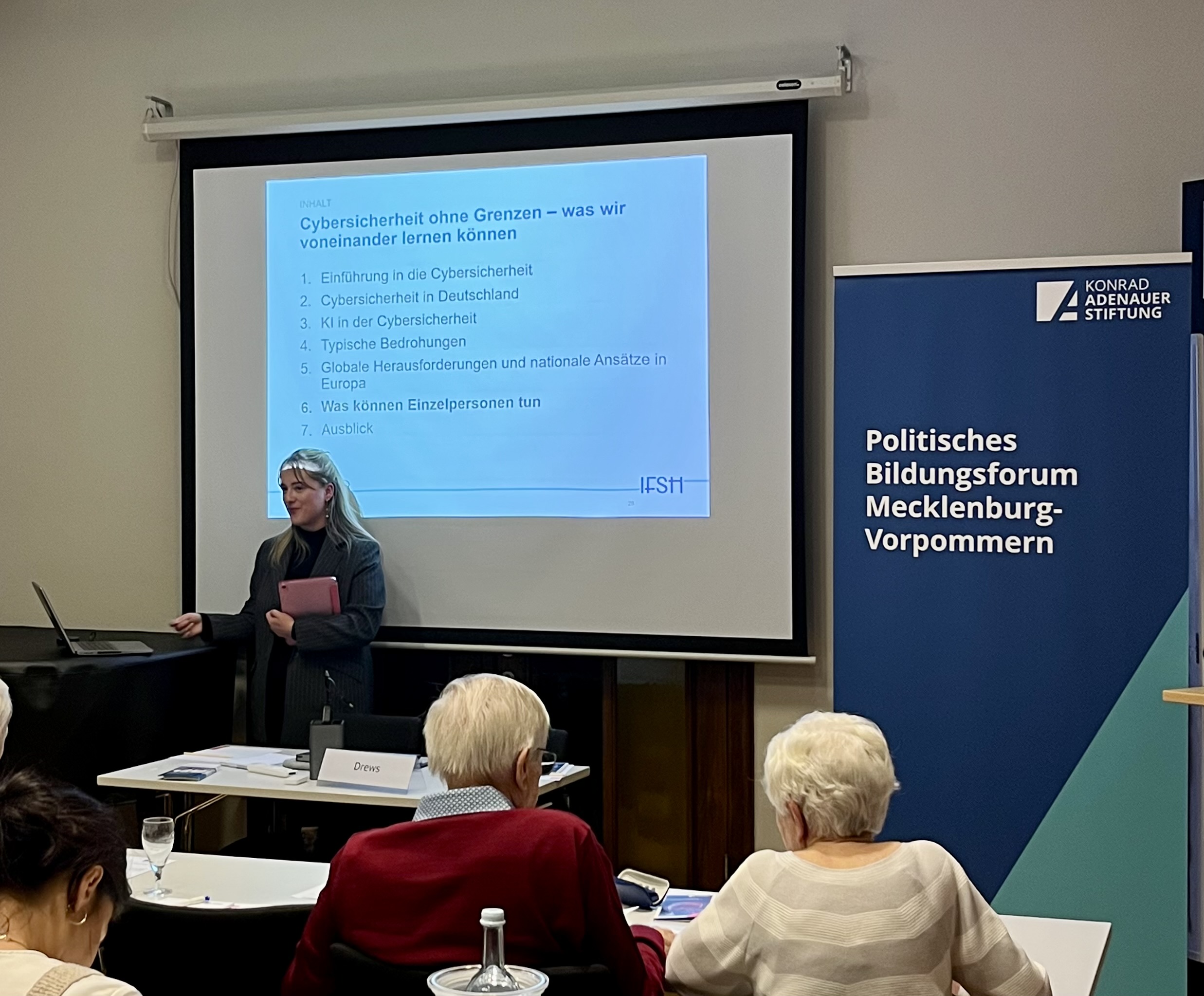
Lena gave a talk titled “Cybersecurity without Borders – What We Can Learn from Each Other.” The goal of the presentation was to inform the audience about current threats and the lessons that can be drawn from other countries. Artificial intelligence and cybersecurity offer great opportunities but also come with significant risks. Raising global awareness…
Archive
- Political Tech Summit
- ICS activities in the second half of 2025
- We are hiring!
- Defending democracy against foreign influence campaigns: A wargaming exercise
- Webinar with Cyprus institutions
- Mateusz as a speaker at the GIZ conference
- Mateusz co-authored book
- Matthias joins the BSI conference advisory board
- PROTEKT – Roundtable Espionage & Zeitenwende
- OpEd on strenghtening social resilience
- “Reverse Brussels effect”? Mateusz’s OpEd in The Loop
- OpEd on AI and why Leo XIV chose this name
- Matthias in podcast “Was ist da los?”
- #1 Und DAS glaubst du?! – Ist Desinformation eigentlich ein neues Phänomen? mit Dr. Matthias Schulze
- ICS activities in the first half of 2025
- Matthias in Table Briefings
- Mateusz has just defended his PhD Thesis!
- Annual Peace Report published!
- The Real End of History: AI Shaking Google’s Hegemony
- The Crumbling Foundation of Global Cybersecurity
- Podcast available on recent research activities by Matthias Schulze
- ICS supports research
- Commentary for Tagesspiegel Background
- Matthias in podcast from Deutschland Funk
- Part 2: Doing active cyber defense
- Matthias interviewed by Berlin Security Beat
- Comment for Tagesspiegel article

